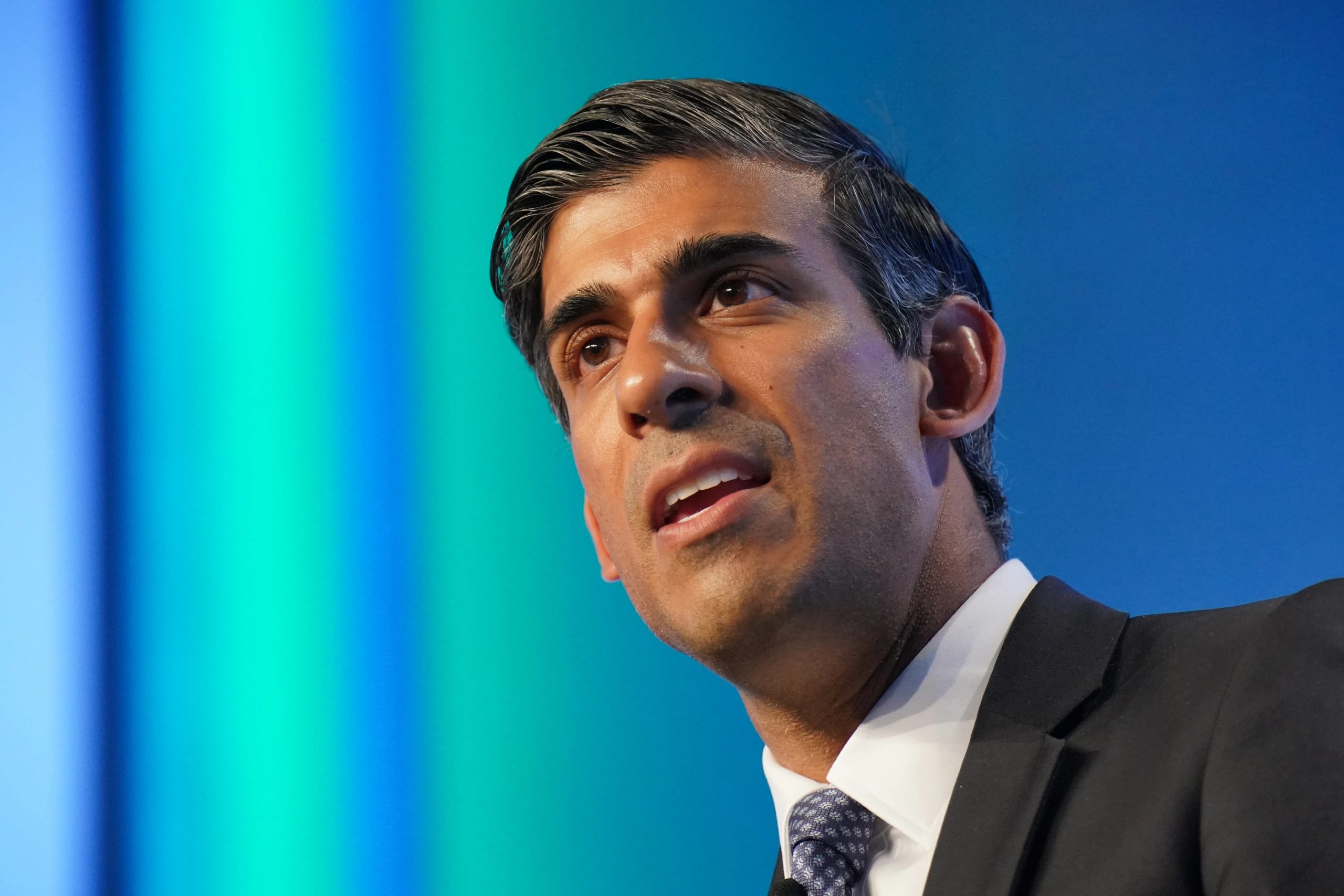In the fight against worsening pay, worsening working conditions and worsening public sector services, 2022 saw huge swathes of the British work force wield what little power they still hold in strike actions across the UK. In December, Unite won a 15% pay rise for Wirral bin strikers and last week Sunderland’s bus strikes came to an end with Stagecoach drivers securing an 11% pay rise, which was just one of numerous victories for striking bus workers this year.
Many of the hard-won rights that the we enjoy today have been achieved through strike action spanning back over a century; the eight-hour working day, holiday pay, the two-day weekend, to name a few. As the rising cost of living drives more and more people to food banks and leaves many unable to heat their homes, isn’t it time to add inflation-matched pay rises for the public sector that list? Since the Tories took power in 2010, real-term wage cuts for nurses have amounted to as much as 20% according to the Royal College of Nursing and according to the Communication Workers Union, Royal Mail workers this year are facing a real-terms wage cut of 9%.
Now it seems that the government and their friends in the corporate press would have us believe that after years of spending cuts to public services the answer to the disruption is to pull a page from Thatcher’s book, in a move that would all but criminalise union-backed industrial action. As crisis talks between government ministers and union bosses fall apart and economists dispute Sunak’s assertion that increasing public sector pay would drive inflation, the Tories are rolling out new legislation that would enforce “minimum levels of service” in key public services, which would mean that when unions democratically vote in favour of strike action, workers could be forced to work and sacked if they don’t comply.
The message is clear: ’shut up and get on with it’. The problem is, strike action is always a last resort and the success of ongoing industrial action may be the last attempt at resolution before large numbers of the public sector work force feel forced to resign. On Wednesday, the BBC reported that excess deaths in the Britain were the highest in 50 years, which comes amidst reports that A&E delays are causing up to 500 deaths a week and news that more than a dozen ambulance services declared critical incidents during the festive period.
In an extraordinary admittance of failure when presenting the Strikes (Minimum Service Levels) Bill in parliament on Tuesday, Business Secretary Grant Shapps said: “The first job of any government is to keep the public safe. Because whilst we absolutely believe in the ability to strike, we are duty-bound to protect the lives and livelihoods of the British people.”
He then went on to attempt to pass the blame onto striking ambulance workers when he said: “British people need to know that when they have a heart attack, a stroke or a serious injury, that an ambulance will turn up and that if they need hospital care they have access to it.” The GMB described his comments as an “extraordinary attack” and dismissed the assertion that they have not provided appropriate cover during strike action, highlighting the fact that NHS workers have left picket lines to attend to emergency calls.
It would seem that the same key workers who stood on the front lines during the pandemic have now become scapegoats for government failings; the 30,000 excess deaths over the last 6 months were not caused by industrial action, neither are the record numbers of cancer patients waiting over three months for treatment in England, which according to figures that are due to be published on 12th January, reached 12,000 for the first time.
As expected, the unveiling of the Strike Bill has led the announcement of more strikes, as the Trades Union Congress has said it will hold a national protest against the proposed new laws. The “national right to strike day” was announce by TUC general secretary Paul Nowak and will be held on 1 February: “These draconian new curbs will tilt the balance of power even more in favour of bad bosses and make it harder for people to win better pay and conditions… On February the 1st will we hold events across the country against this spiteful new bill – which is unworkable and almost certainly illegal.”
Last month the High Court granted permission for a judicial review of new regulations that allows agency staff to cover on days where there is industrial action and came into force in July 2022; unions could challenge the new Strike Bill in the same way. Speaking to the BBC, the head of trade union law at Thompsons Solicitors, Richard Arthur suggested that the Bill might be in breach of the European Convention on Human Rights (ECHR), an international treaty which is incorporated into UK law by the The Human Rights Act 1998. He told the BBC: “Based on what we’ve seen so far, it seems that there’s been no regard paid to international labour standards. That has got to raise very serious legal question marks.”

